Injured wildlife tips for Spring
Last Spring we introduced you to Dobby a three month old Brush Tail possum who was rescued and raised by Raewyn, a registered wildlife foster carer. Well Dobby has now celebrated his first birthday so we thought it was a good idea to share with you all some tips on how to act when an animal is injured on the road. Rescued young just like Dobby would not survive without people being prepared and knowing who to contact, so this article aims to give you valuable information to enable all of us to help our native friends.
Spring means the breeding season is upon us. Now is the time to be prepared to ensure our wildlife is given the best possible care if they happen to be injured on our roads.
Most of us at some time or another have unintentionally injured or killed an animal whilst driving a vehicle. This can be a traumatic experience especially if the animal dies. Our Animal Studies trainer, Naomi Jeganathan has offered her expertise on this subject by giving you some valuable tips. These tips will hopefully save the lives of little ones that may have gone unnoticed because the mother was carrying young in her pouch when she was injured or killed.
Tip 1 – If you come across a dead native animal on the road or are unfortunate to hit one please take the time to pull over and move the animal off the road. If the animal is female check her pouch to make sure their not carrying any young.
Tip 2 – If you do find a baby in the pouch please contact your local vet or Upper Yarra Wildlife Network who will talk you through the appropriate steps to take in order to give the little one the best chance of survival.
Tip 3 – Wildlife Rescue Kit. Being prepared will assist you with Tip 2. This kit is easy to make and will only take a few minutes of your time to put together. Basic household items to include are:
- Large towel
- Scissors
- Pillow case
- Minimum of 3 safety pins
- Secure box or pet carrier/cage
- Add the contacts below to your phone so you have them handy
By having these basic items in your car you will improve the chances for injured wildlife and their young. You may wonder what some of those items are for? There is no need to worry as we recommend that you don’t use them without speaking to a rescue worker or local vet first.
Contacts
Upper Yarra Wildlife Network – 0427 088 121
Wandin Veterinary Clinic – (03) 5964 4500
Seville Veterinary Clinic – (03) 5964 3960
Our Certificate III in Animal Studies class is always having visitors of the four legged kind. This is to ensure that all students benefit from hands on experience. If you would like to know more about this course click here.

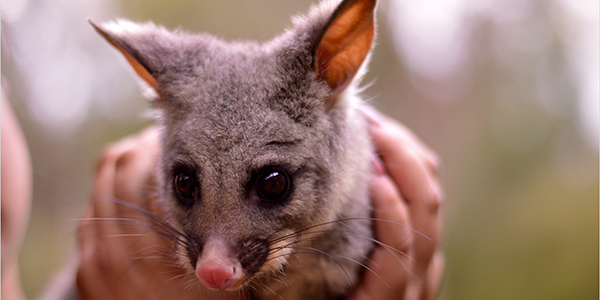

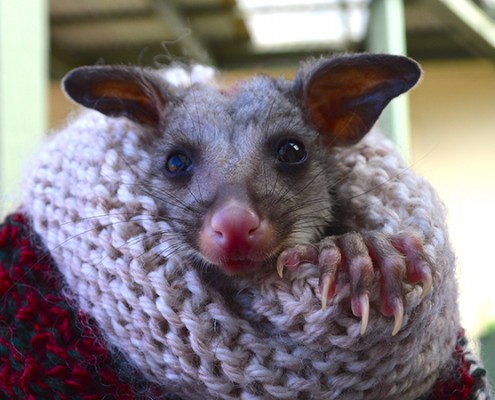

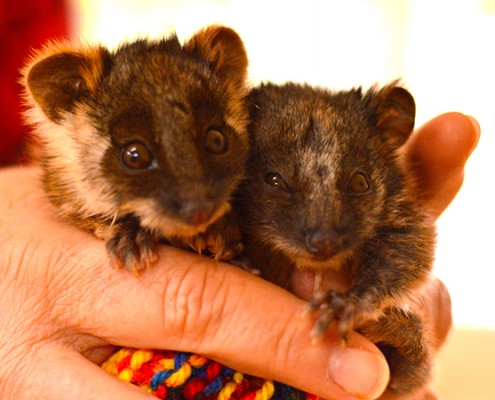

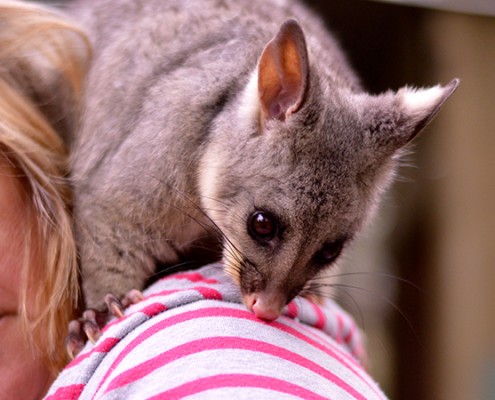
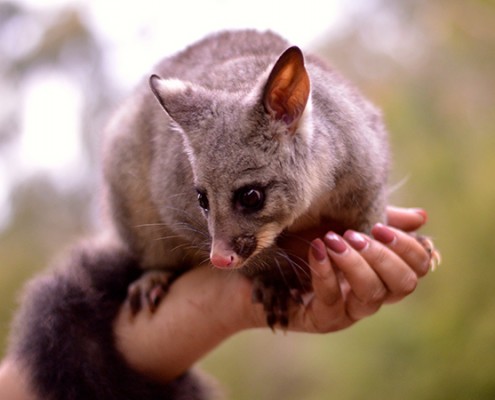
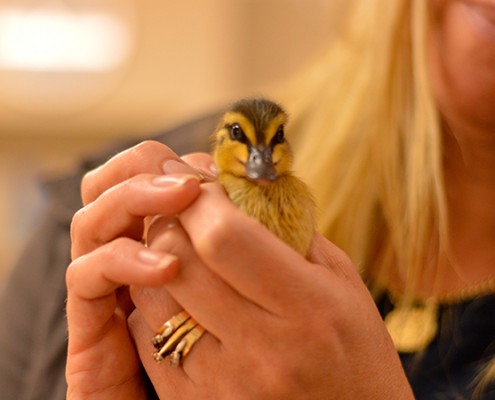
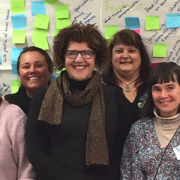
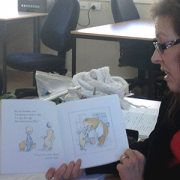
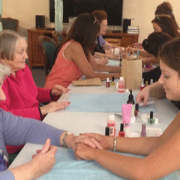
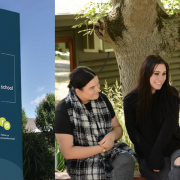

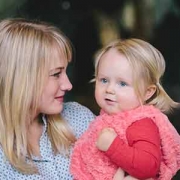
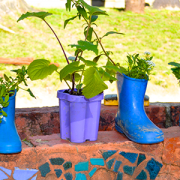


I just wanted to thank you for going over some things to do when you see an injured animal. It’s good to know that you can contact a vet who can give you some advice depending on the situation. It sounds like it could be beneficial to make sure that you maybe find a vet who specializes with different animals.